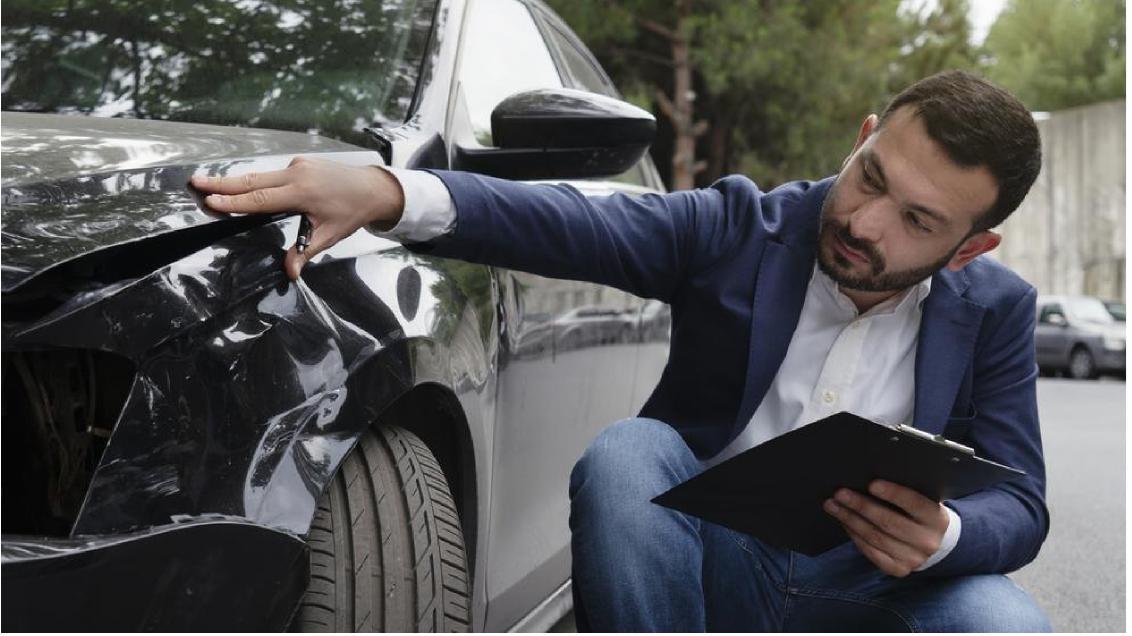How Multiple Claims Affect Your Auto Insurance

Maybe you’ve been unlucky enough to be involved in a small fender-bender – only to be involved in a multiple-car smashup a short time after. Anything is possible, which is why we have auto insurance in the first place. The problem is, filing multiple claims with your insurance company has consequences —usually in the form of higher insurance rates.
Let’s first define “multiple claims.” As long as the claims have been filed within a three-year period, they are considered “multiple.” The nature of the claims determines whether you’ll face a rate increase only or non-renewal. There are typically two types of claims: at-fault claims and comprehensive claims.
At-fault claims are considered the most damaging. As the name implies, at-fault claims are those that are caused by you, after an investigation. Keep in mind that at-fault claims don’t always involve multiple cars; you can be at fault in a single-car accident as well. In any case, two at-fault claims within three years are grounds for non-renewal with many insurance companies. Since your driving record follows you, your next insurance company will consider you high risk as well, and your insurance rates will reflect it.
Comprehensive claims are a little different. They are the result of events other than collisions and outside of your control, such as vandalism, theft, windshield damage or damage caused by natural events. For many insurance companies, multiple comprehensive claims won’t typically affect your insurance rate
unless you file more than three within three years. Other insurance companies charge per comprehensive claim.
Multiple claims also may affect your deductible if they’re filed very close together. For example, you may already have a cracked windshield when a tree limb falls on your car. Both are comprehensive claims but are separate incidents, meaning that you’ll have to pay two deductibles if your policy has a deductible on comprehensive coverage. If, however, your car suffered a cracked windshield and a fallen tree limb as the result of a single storm, your carrier may charge a single deductible.
Driving mistakes and unforeseen accidents do happen. Be prepared for the insurance aftermath by reviewing your policy with your insurance professional. Understand what you’re responsible for in case of multiple accidents or events, as well as how your insurance company will handle them and to what extent they will affect your rates going forward.
This content is for informational purposes only and not for the purpose of providing professional, financial, medical or legal
advice. You should contact your licensed professional to obtain advice with respect to any particular issue or problem. Copyright © 2020 Applied Systems, Inc. All rights reserved.